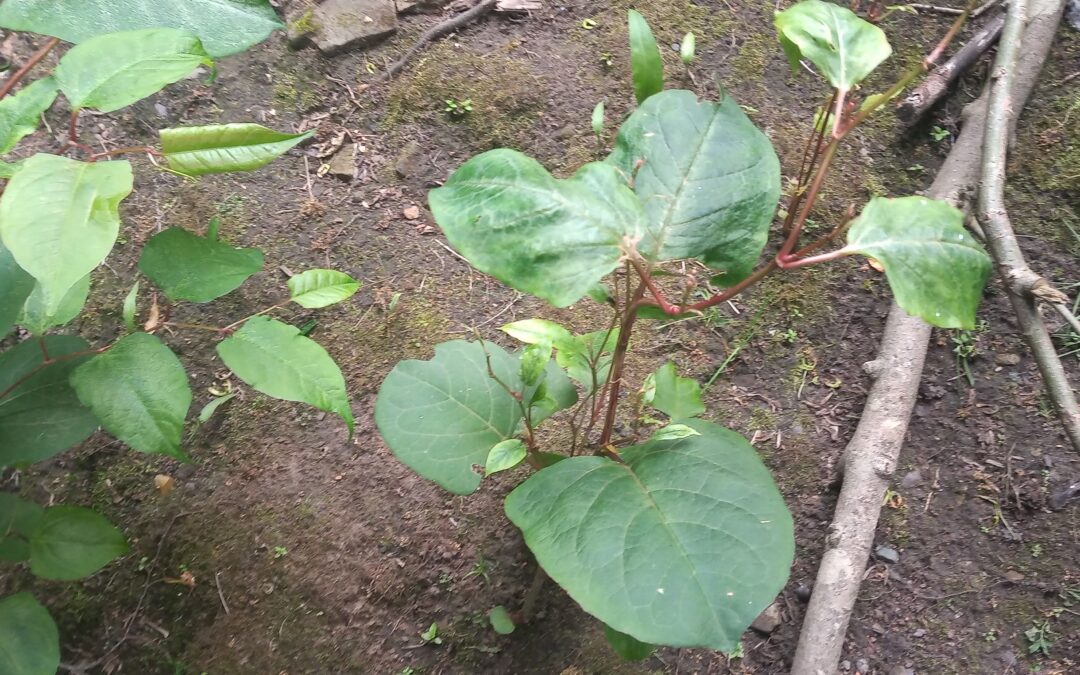The Importance of Japanese Knotweed in Restoration Ecology and Reforestation
Japanese Knotweed is a highly intrusive plant species. It’s seen as a nuisance for its aggressive growth and potential to damage buildings and infrastructure. However, this plant also has several benefits in restoration ecology and reforestation.
Soil stabilization:
Japanese Knotweed has an extensive root system, effectively stabilizing soil and preventing erosion. This is especially important in areas where soil erosion is a major issue. As its roots can help anchor the soil and prevent it from being washed away.
Habitat creation:
Japanese Knotweed can also provide habitat for a variety of wildlife species. The plant’s dense growth provides cover and food for birds and small mammals. While its flowers can attract pollinators such as bees and butterflies.
Carbon sequestration:
Japanese Knotweed is a fast-growing plant. It can quickly absorb carbon from the atmosphere makes it a valuable tool in reforestation efforts. By planting Japanese Knotweed in areas that have been deforested, the plant can help absorb carbon from the atmosphere, mitigating the negative effects of deforestation on the environment.
Soil improvement:
Japanese Knotweed’s extensive root system can help improve soil structure and fertility. This is because the plant’s roots can break up compacted soil and help release nutrients back into the soil, making it more fertile and suitable for supporting other plant species.
It’s important to note that while Japanese Knotweed can be a valuable tool in restoration ecology and reforestation, it’s important to properly manage its growth to prevent it from spreading and causing damage to buildings and infrastructure. Additionally, it’s important to consider other species that may be more suitable for a specific restoration or reforestation project, as each area has its own unique ecological requirements.
To summarise The Importance of Japanese Knotweed in Restoration Ecology and Reforestation
Japanese Knotweed, a highly invasive plant species, has several benefits in restoration ecology and reforestation. Its ability to stabilize soil, provide habitat, sequester carbon, and improve soil structure and fertility make it a valuable tool in these efforts. However, proper management of the plant’s growth is important to prevent it from spreading and causing damage, and careful consideration of the local ecology is important to ensure that the most suitable species are used for a specific project.
